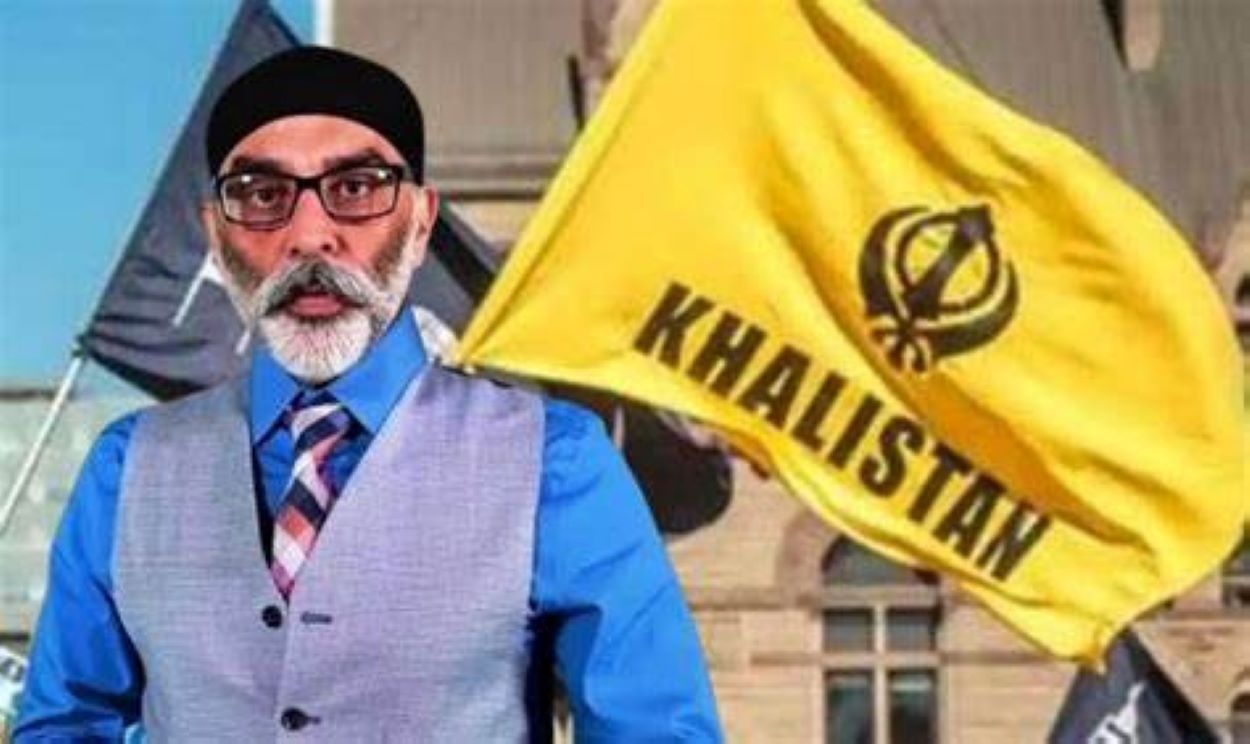Gurpatwant Singh Pannun, the legal advisor and spokesperson for Sikhs for Justice (SFJ), has linked the recent attack on Indian soldiers in occupied Kashmir to India’s aggressive policies in the region. He described the Indian Illegally Occupied Jammu and Kashmir (IIOJK) as a disputed territory plagued by decades of violence by the Indian army.
Pannun advocates for a referendum as the only peaceful solution to the Kashmir dispute. He compares the situation in Kashmir to that in Khalistan, suggesting that both regions, under Indian occupation, can find resolution through a democratic referendum process.
Pannun’s comments come against the backdrop of an attack in Kashmir’s Poonch district, which resulted in the deaths of three Indian soldiers, highlighting the ongoing cycle of violence in the region.
Broader Context: International Relations and Diplomatic Disputes
The statement by Pannun, who has been labelled a terrorist by India but identifies as an activist, comes amidst strained India-Canada relations. This tension was exacerbated by Canadian Prime Minister Justin Trudeau’s public allegations linking India to the murder of Sikh separatist leader Hardeep Singh Nijjar in Canada. Trudeau’s strategy aimed to deter further attacks, leading to a shift in India’s approach.
The Indian government’s response to Sikh separatist demands, particularly those from Western nations, has been consistently strong. Recently, the US accused an Indian man of plotting an assassination in New York, a claim that Indian Prime Minister Narendra Modi promised to investigate thoroughly.
Despite these tensions, Modi remains optimistic about India’s relations with the US, as the Khalistan movement, though largely suppressed in India, continues to find support among the Sikh diaspora in countries like Canada, Australia, and the UK.






